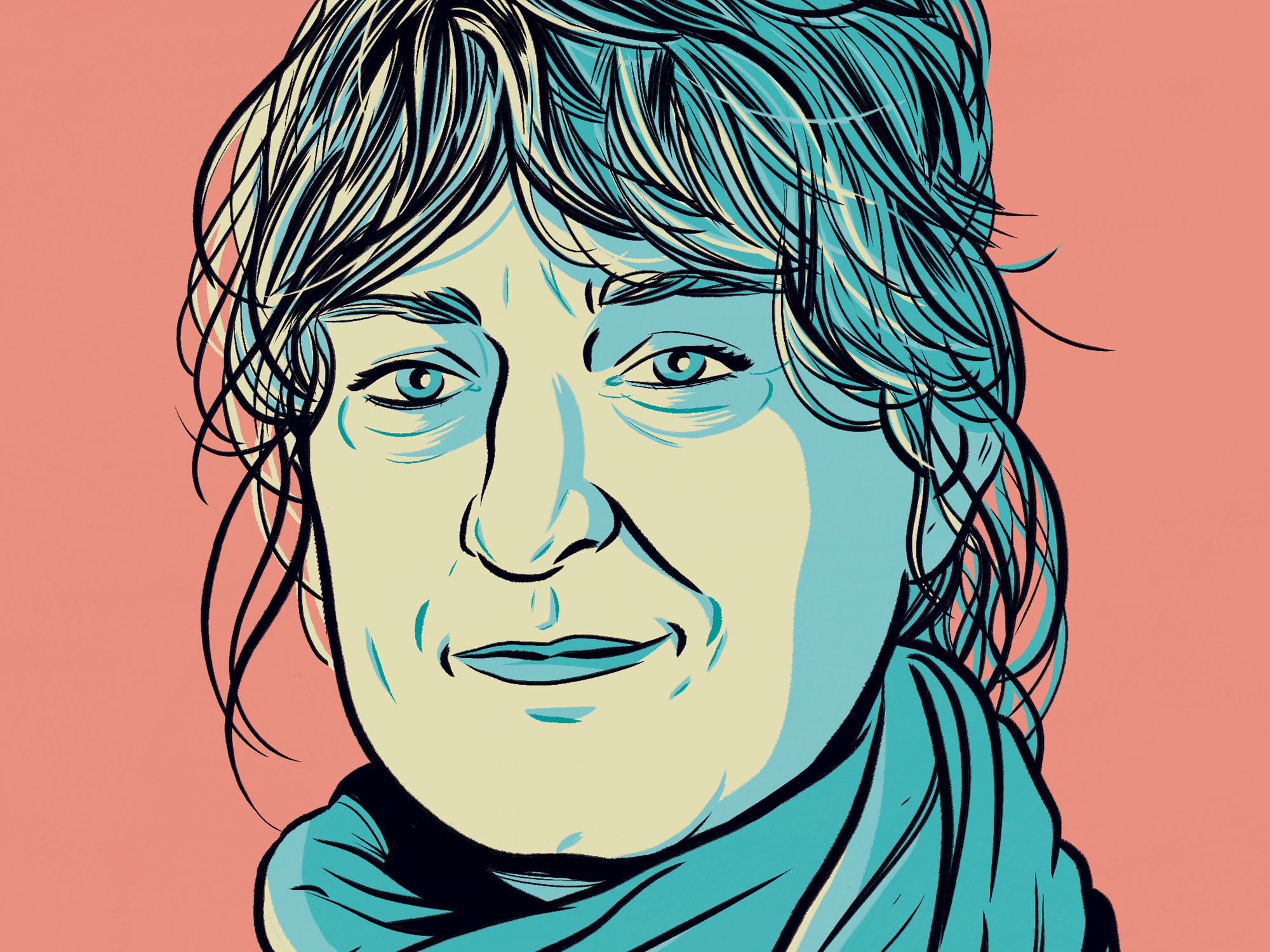Jennifer Kent: ‘This is the story that has played out around the world’

Jennifer Kent doesn’t think in terms of genre, even if everyone decided her 2014 sleeper hit The Babadook was a horror film on her behalf. Instead, a film is a film is a film to her – though she says The Nightingale, if you had to label it, is a myth about a horrific world. Her harrowing tale of systematic abuse against women and indigenous people in Australia is a bloody, bruising and utterly unrelenting account of a shameful history still barely acknowledged by those in power.
LWLies: You filmed The Nightingale on location in Tasmania, right?
Kent: Yeah, we were adamant we had to, even though it probably cost us almost twice as much as it would have otherwise. Because it’s an island about the size of Denmark, you have to bring everything over. I think visually Tasmania doesn’t look like anywhere else in Australia, and that was important. And also, this is where all this stuff happened, it felt like we couldn’t play that out anywhere else. It needed to be on the land where it occurred.
Did you learn anything about the treatment of indigenous Australians in school?
I learnt nothing. I really didn’t become aware of it until my early twenties when I travelled up north to Cairns and met Aboriginal people. Now it really is such an honour to have any contact with their culture, because I see it as really sophisticated and in many ways a superior culture to the one that invaded it. But this is the story that has played out around the world. These cultures that are very balanced and more in tune with nature, have a much more subtle way of moving through the world, get blasted by this really over-masculinised, opposing force. It’s the great tragedy of that era, and the effects of it are still very present.
Australia’s colonial past still feels like something the government – and to some extent the country – is reluctant to deal with.
Definitely. The Nightingale premiered at Sundance on Australia Day, which some of us call Invasion Day. The government refuses to move Australia Day from the date that it’s on, which coincides with the anniversary of a well-known massacre of indigenous Australians. And why? No reason, just stubbornness. I think it’s the same mentality that created colonialism. But we screened this film in South Australia, and the audience had such a deep response to it. I was quite worried about their reaction. Saying things like ‘We did this,’ and, ‘We need to look at it and look at the pain caused’. I was so proud of that audience.
How do you help to tell this very real story while also being conscious of who the story really belongs to?
As a privileged white woman, I was keenly aware of this, and almost didn’t make the film because I didn’t feel entitled to tell the story. I’ve seen it in my country over and over again – white filmmakers not consulting Aboriginal people about their stories. It’s like colonialism all over again, robbing them of their voice. Before I even wrote a draft or had a treatment, I knew I couldn’t tell this story unless I had an equal partner – an Aboriginal elder or consultant. And we came across Uncle Jim Everett who was there throughout. Talking with him but also doing an enormous amount of research, searching through all this stuff written by “white victors”. Even though Billy and Clare are fictional characters, the world of the film is real. I’m not making up this violence to provoke people unnecessarily. This happened in my country, and if I don’t speak about it then I can’t make a film in that era.
A lot of people have walked out of the film, particularly during some of the more brutal scenes. How do you make people pay attention?
Well I think you can’t. My job as a writer and then as director is really to serve the story and to tell it as purely and as honestly as I can – that’s what I always endeavour to do. Then what it triggers in an audience, or what it provokes, I can’t be responsible for that. It would be like painting a painting, putting it on a wall, and having to please everyone whose eyes come across it. It’s just not possible. But when I’m present and someone is really angry after seeing the film, it is hard, because the film is my baby and I don’t want someone to kick my baby in the teeth. And also I feel a lot of love in the film. There is violence, but I don’t focus on that, I focus on the love. That was my reason for telling the story.
The Nightingale is released 29 November. Read the LWLies Recommends review.
The post Jennifer Kent: ‘This is the story that has played out around the world’ appeared first on Little White Lies.
![Forest Essentials [CPV] WW](https://s3-us-west-2.amazonaws.com/pcw-uploads/logos/forest-essentials-promo-codes-coupons.png)
0 comments